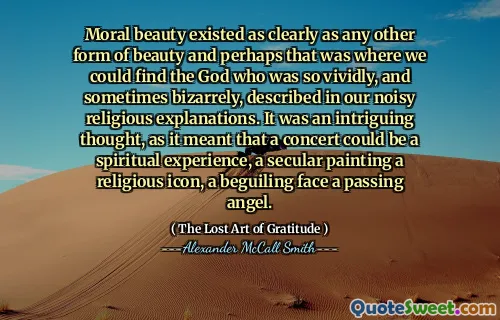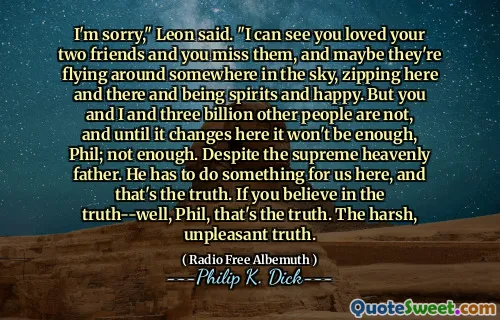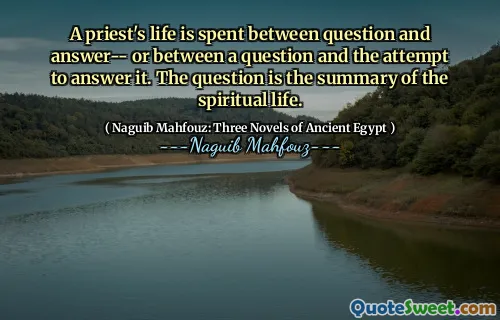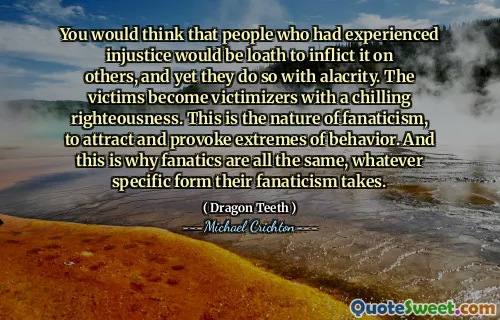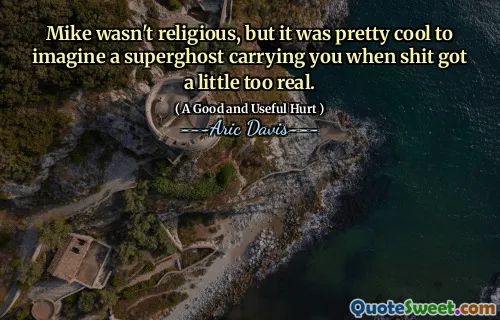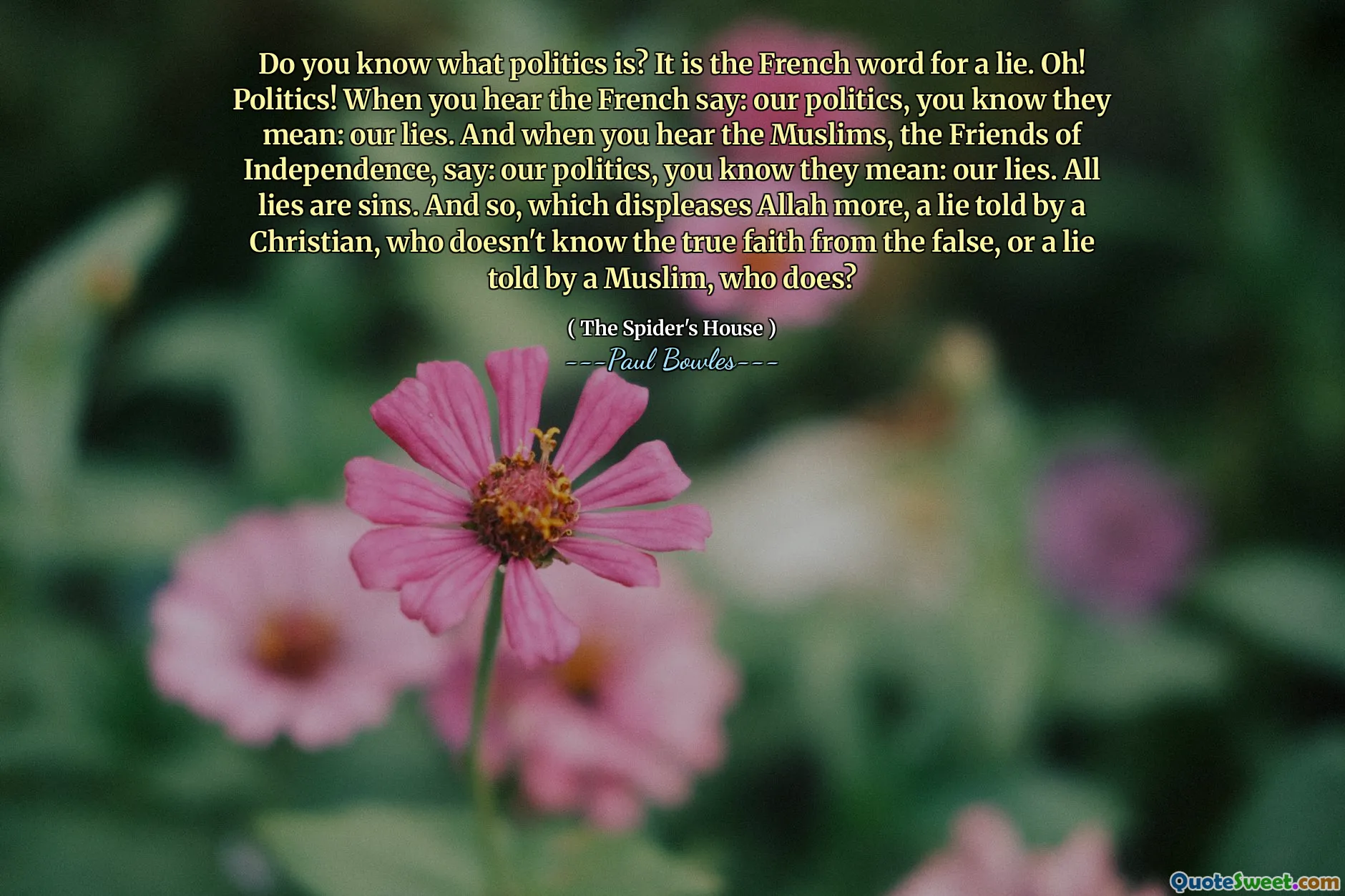
Do you know what politics is? It is the French word for a lie. Oh! Politics! When you hear the French say: our politics, you know they mean: our lies. And when you hear the Muslims, the Friends of Independence, say: our politics, you know they mean: our lies. All lies are sins. And so, which displeases Allah more, a lie told by a Christian, who doesn't know the true faith from the false, or a lie told by a Muslim, who does?
This quote provocatively explores the nature of politics and the relationship between truth and deception across different cultural and religious contexts. It suggests that political speech, regardless of origin, is often rooted in dishonesty, and labels the word 'politics' itself as synonymous with lying. The comparison between French and Muslim expressions of politics emphasizes a universal skepticism toward political claims, insinuating that political discourse is inherently dishonest and perhaps morally culpable. The reflection on sins and divine displeasure raises questions about morality and ethics in the realm of political deception, urging readers to consider the moral implications of lying, especially when used to serve nation-states or ideological causes. The comparison between a Christian and a Muslim liar underscores themes of religious morality and the perceived spiritual consequences of dishonesty. Such a perspective invites a deeper examination of how culture and faith influence perceptions of truth and falsehood amid political rhetoric. It also implicitly criticizes the societal and religious norms that may tolerate or even endorse deceit under certain circumstances, forcing us to think critically about the sincerity of political statements and their ethical consequences. Overall, the quote encourages a reflection on the universality of dishonesty in politics and challenges us to consider the spiritual and moral costs associated with it, regardless of cultural or religious identity.
